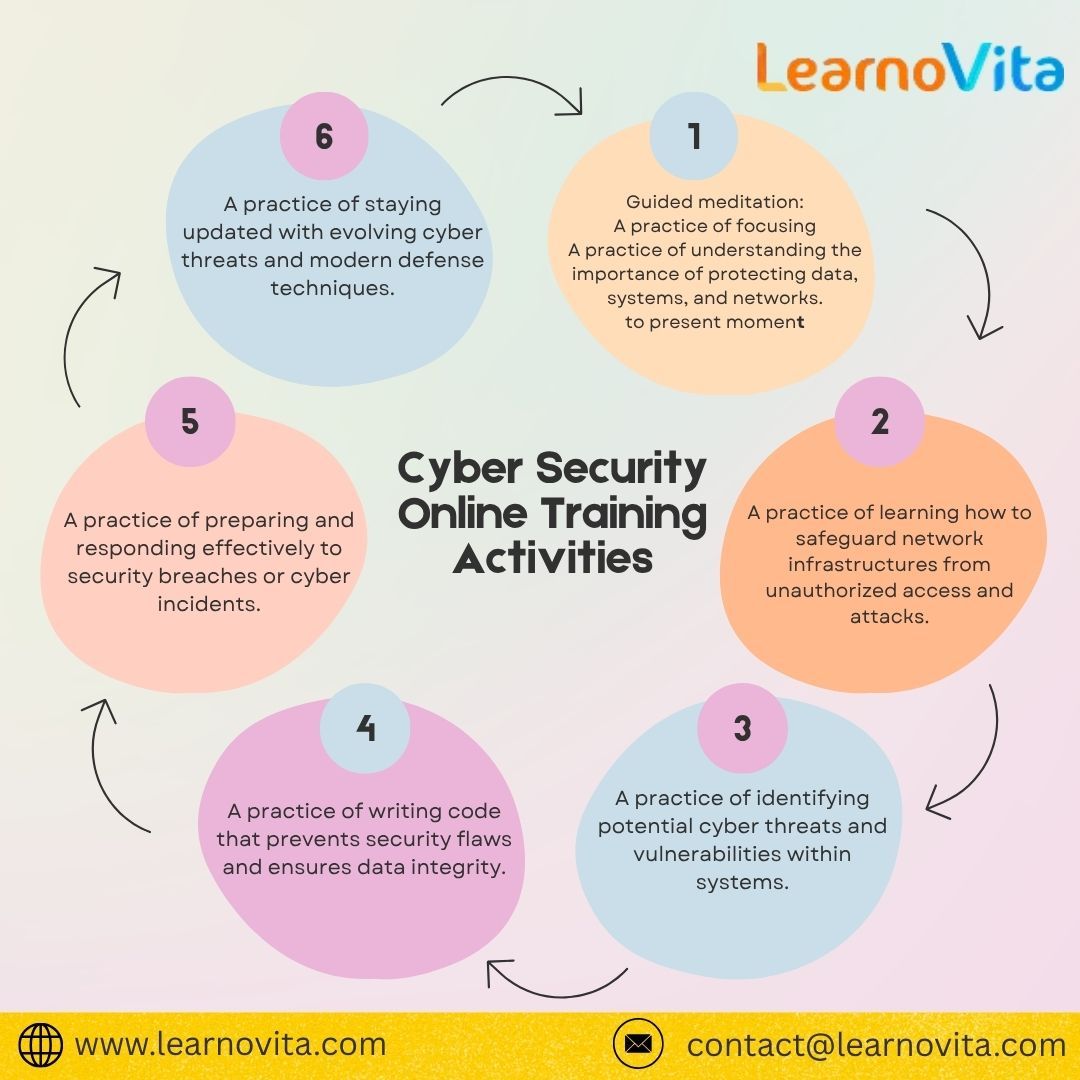Cyber Security Online Training: A Vital Shield for the Healthcare Sector
Cyber Security Online Training: A Vital Shield for the Healthcare Sector
Blog Article
The Rising Cyber Threats in Healthcare
In today’s digital healthcare environment, hospitals, clinics, and medical service providers store vast amounts of sensitive patient data—ranging from personal identity details to medical histories and financial information. This makes healthcare organizations prime targets for cyber criminals. Data breaches in this sector can lead to serious consequences, including financial loss, legal penalties, and damage to reputation. Therefore, Cyber Security Online Training has become essential for healthcare professionals to safeguard both organizational and patient data.
Cyber attacks on healthcare systems can disrupt operations, delay critical treatments, and compromise patient safety. In fact, healthcare has become one of the most targeted industries for ransomware and phishing attacks.

Major Cyber Threats in the Healthcare Industry
Through Cyber Security Online Training, healthcare workers and administrators learn how to protect against common threats such as:
Ransomware Attacks: Hackers lock critical patient files or entire systems, demanding ransom to unlock access.
Data Breaches: Unauthorized access to electronic health records (EHR) that can be sold on the dark web.
Phishing Emails: Deceptive messages that trick healthcare staff into revealing login credentials or installing malware.
IoT Device Exploitation: Connected medical devices like pacemakers and monitors can be hacked if not properly secured.
Given the life-or-death nature of the healthcare industry, these risks are too significant to ignore.

Key Learning Areas in Cyber Security Online Training
Data Privacy Regulations: Understanding laws like HIPAA (Health Insurance Portability and Accountability Act) to ensure patient data confidentiality.
Password and Access Management: Setting strong passwords and using two-factor authentication to prevent unauthorized access.
Secure Use of Medical Devices: Learning best practices for securing connected healthcare devices from cyber threats.
Incident Response Plans: Preparing staff to act quickly during a cyber incident to minimize damage and protect patient care.
Recognizing Phishing Attempts: Training healthcare staff to spot and avoid suspicious emails or messages.
These skills help staff avoid mistakes that can compromise patient safety or disrupt services.
Affordable and Flexible Training Options
Healthcare professionals work under high pressure with limited free time. Cyber Security Online Training platforms provide flexible, self-paced learning modules that fit into busy schedules. These courses are designed to be easy to understand—even for non-technical staff such as nurses, medical receptionists, and administrative personnel.
Hospitals and clinics can enroll entire teams at once, ensuring that everyone—from doctors to billing clerks—follows the same safety protocols.
Building Trust with Patients and Stakeholders
Patients trust healthcare providers to protect their most personal information. A breach of that trust can result in lawsuits, regulatory fines, and loss of reputation. By completing Cyber Security Online Training, healthcare organizations show their commitment to data security, patient privacy, and ethical responsibility.
Insurers, regulators, and technology partners also prefer to work with organizations that demonstrate strong cyber security practices.
Conclusion
For the healthcare sector, data security is as critical as patient care. Cyber Security Online Training empowers medical professionals to identify risks, prevent cyber attacks, and respond effectively to security incidents. In doing so, it protects not only sensitive patient data but also the smooth delivery of healthcare services.
A secure healthcare system ensures better outcomes for both patients and providers—and training is the first step toward that security.
Report this page